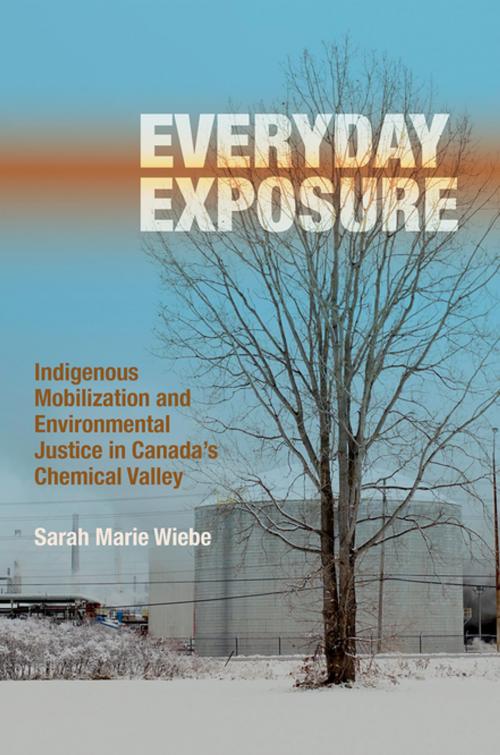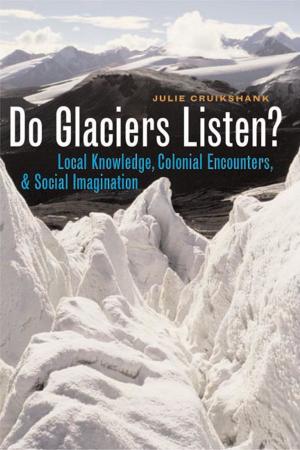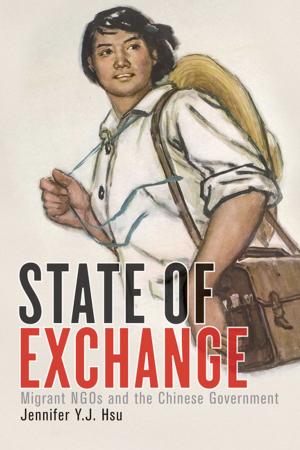Everyday Exposure
Indigenous Mobilization and Environmental Justice in Canada’s Chemical Valley
Nonfiction, Science & Nature, Technology, Engineering, Environmental, Social & Cultural Studies, Political Science, Government, Public Policy, Health & Well Being, Health| Author: | Sarah Marie Wiebe | ISBN: | 9780774832663 |
| Publisher: | UBC Press | Publication: | October 13, 2016 |
| Imprint: | UBC Press | Language: | English |
| Author: | Sarah Marie Wiebe |
| ISBN: | 9780774832663 |
| Publisher: | UBC Press |
| Publication: | October 13, 2016 |
| Imprint: | UBC Press |
| Language: | English |
Near the Ontario-Michigan border, Canada’s densest concentration of chemical manufacturing surrounds the Aamjiwnaang First Nation. Living in the polluted heart of Chemical Valley, Indigenous community members express concern about a declining rate of male births in addition to abnormal incidences of miscarriage, asthma, cancer, and cardiovascular and respiratory illnesses.
As this book reveals, Canada’s dark legacy of inflicting harm on Indigenous bodies persists through a system that fails to adequately address health and ecological suffering in First Nations’ communities like Aamjiwnaang.
Everyday Exposure uncovers the systemic injustices faced on a daily basis in Aamjiwnaang. Exploring the problems that Canada’s conflicting levels of jurisdiction pose for the creation of environmental justice policy, analyzing clashes between Indigenous and scientific knowledge, and documenting the experiences of Aamjiwnaang residents as they navigate their toxic environment, this book argues that social and political changes require an experiential and transformative “sensing policy” approach, one that takes the voices of Indigenous citizens seriously.
Near the Ontario-Michigan border, Canada’s densest concentration of chemical manufacturing surrounds the Aamjiwnaang First Nation. Living in the polluted heart of Chemical Valley, Indigenous community members express concern about a declining rate of male births in addition to abnormal incidences of miscarriage, asthma, cancer, and cardiovascular and respiratory illnesses.
As this book reveals, Canada’s dark legacy of inflicting harm on Indigenous bodies persists through a system that fails to adequately address health and ecological suffering in First Nations’ communities like Aamjiwnaang.
Everyday Exposure uncovers the systemic injustices faced on a daily basis in Aamjiwnaang. Exploring the problems that Canada’s conflicting levels of jurisdiction pose for the creation of environmental justice policy, analyzing clashes between Indigenous and scientific knowledge, and documenting the experiences of Aamjiwnaang residents as they navigate their toxic environment, this book argues that social and political changes require an experiential and transformative “sensing policy” approach, one that takes the voices of Indigenous citizens seriously.















